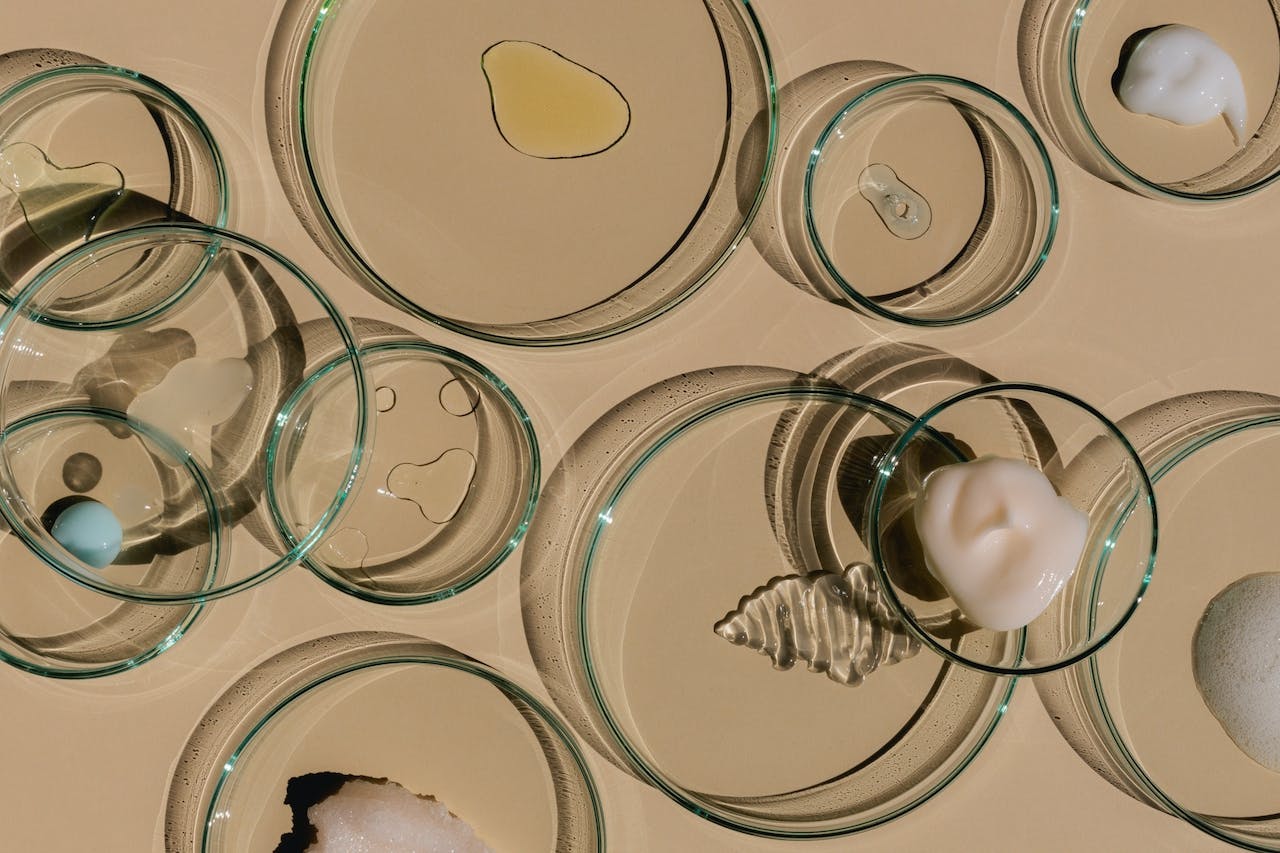Plastic free beauty day (and why it’s important!)
Today is Plastic Free Beauty Day. To mark the occasion, we wanted to share some insights we’ve gathered recently surrounding the beauty industry, and the fascinating changes we’re seeing in consumer purchasing behaviors. A huge shift appears to be taking place around the importance of brand values in beauty, particularly where the subject of sustainability is concerned.
By 2027, global ecommerce sales for health and beauty are predicted to reach almost $450 billion (Statista). But beauty consumers are looking for more information on products, and the brands they are produced by, than ever before. This ranges across product information, the ethical nature (or not) in which ingredients are sourced, the values and policies of a brand, and the holistic health benefits of products to the consumers’ overall wellbeing. In fact, Mintel recently revealed that almost a third of UK skincare consumers research the ingredients used in skincare products to find out how effective and sustainable they are.

Provenance, Cult Beauty and The Nue Co
Last week, we attended a phenomenal panel discussion led by the CEO of Provenance, Jessi Baker. The panel also included VP of Product & sustainability at The Nue Co, Flo Glendenning, and Head of Sustainability at Cult Beauty, Alicia Hickey.
Provenance provide anti-greenwashing software that verifies claims made by retailers and brands surrounding sustainability. This enables customers to be rest assured when shopping sustainable products that the brands making bold claims surrounding ethically sourced and cruelty-free ingredients are really telling the truth. Both The Nue Co and Cult Beauty are using Provenance on their websites to verify their claims surrounding sustainability.
Jessi began the panel by sharing some interesting (albeit, shocking) stats surrounding sustainability in commerce:
90% of shoppers are beginning to adapt their buying habits by focusing more heavily on sustainability claims made by brands.
55% is the average growth rate of brands selling products that are packaged as being sustainable.
65% of customers admit to not believing in claims made by brands surrounding sustainability due to the ever-growing and unfortunate trend of ‘greenwashing’.
“Beauty products by their nature are more intimate and personal, you wear them on the skin, so customers care more about where the products have come from and how they have been made.”
Alicia Hickey - Head of Sustainability at Cult Beauty
The upsurge in sustainable beauty brands
It’s no surprise then, that there has been an upsurge in sustainable beauty brands and online stores that are leading the way when it comes to cruelty-free and eco-friendly approaches to selling products online.
This is true of both Cult Beauty and The Nue Co, who have achieved their success as brands, largely, by placing sustainability at the centre of their value proposition. But in order to do this effectively, brand story-telling has been a must for both companies.
Flo of The Nue Co talked about how the world of fragrance has notoriously been a murky and arguably, unethical industry. However, The Nue Co’s approach to promoting their fragrance supplements has been to communicate the back story behind the ingredients which includes a preservation project in Madagascar to plant more trees, and an up-cycling program in Morocco where they have sourced cedarwood. Flo also shared how she believed that today’s beauty brands have a responsibility to make consumers care about the sourcing of ingredients and how sustainable they are, if they aren’t already doing so, and product story-telling is a great method of evoking that care and consideration.
“Beauty purchasing decisions often come down to effectiveness and quality vs. price. But now there’s a fourth consideration for many consumers, and that is if the product is sustainably sourced."
Alicia Hickey - Head of Sustainability at Cult Beauty
The future of sustainability in the beauty industry
So what does the future hold for the beauty industry? And how can beauty brands who aren’t already investing in sustainability take their first step to keep up with this fast-evolving market shift?
“Most forward-thinking beauty brands are committed to change. Whether it is the Sustainable Beauty Coalition, formed by the British Beauty Council, or the global B Corp Beauty Coalition, organisations are coming together to share best practice and agree goals to help the industry become more transparent as it focuses on products and practices that are kind to people and the planet.”
Jessi Baker - CEO of Provenance
There are also initiatives that have been introduced by the Competition and Markets authority (CMA), such as the UK Green Claims Code. It serves as a reminder to brands that whilst they are free to make environmental claims, if they are found to be untrue, they will be in breach of consumer protection laws. And as we all know, getting it wrong can also have reputational risks.
Provenance advises that beauty brands start small, but with something meaningful. Get your team together and find out what is important them individually, then survey your community to find out what they’d like to see from you in terms of sustainability.
For any beauty brands interested in starting their sustainability journey; Provenance offer an open-source rulebook which brands can use to help them make social and environmental claims that have integrity.
We are also on hand to support you with any ecommerce challenges that often arise in the midst of change, such as Roadmap planning, design and development, digital marketing and Conversion rate optimisation. Get in touch to find out how we can help your brand make the change and grow online.

I look after Unified's overarching marketing strategy and keep our marketing engine running with fresh content, speaking opportunities, award submissions and great partnerships.




